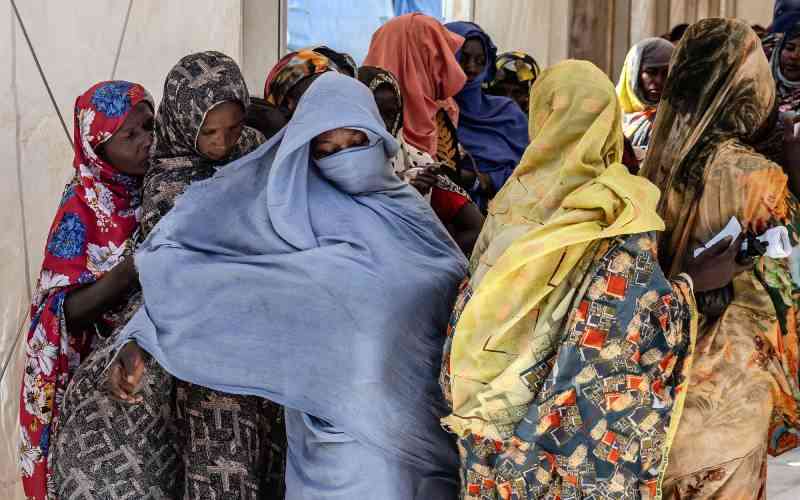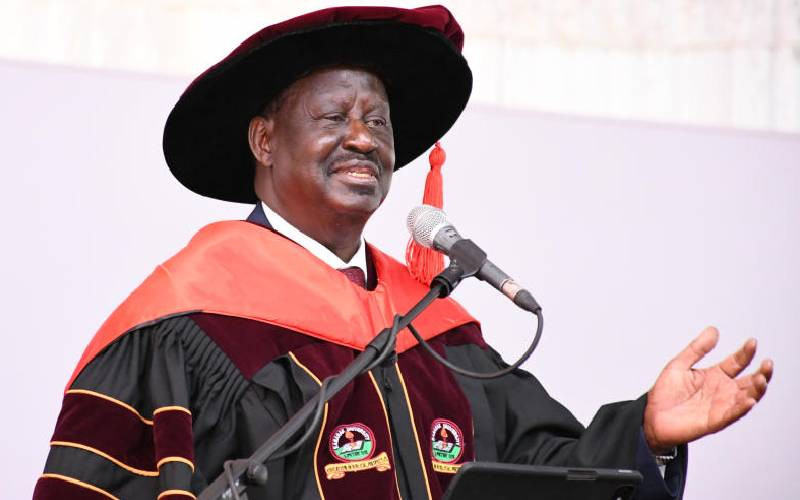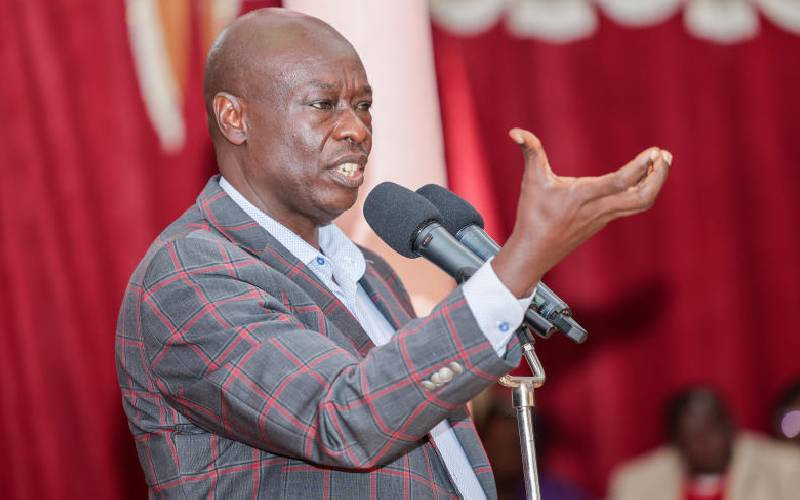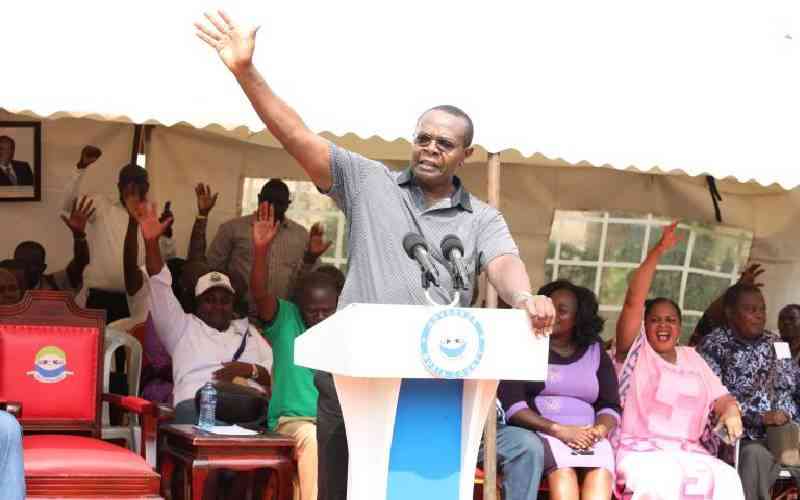Ever since US President Barack Obama made the historic visit to Kenya, the speeches he gave on democracy, governance and human rights were recurring. The leader of the free world has however, brought goodies that include press freedom and its significance as he says that media freedom is always a cornerstone for growth and effective leadership.
But while the Global Entrepreneurship Summit 2015 was taking place in Nairobi, US President and his Kenyan counterpart Uhuru Kenyatta, were busy trying to erase the negativity of international media in Africa.
President Obama has been touted by the International Community of Kenya as a pacifist who will turn Kenya into a thriving entrepreneurial environment. The summit took place in a country that has been perceived to be full of terror threats, mega corruption allegations, infringement of human rights among others.
However, CNN television highlighted in its news bulletin at the time that “Kenya is a hotbed of vibrant terror al-Shabaab attacks…” But this angered President Uhuru Kenyatta who was quick to insert in his opening speech some kind of “retaliatory” statement when he stressed that ‘Kenya is indeed a hotbed of vibrant culture, beauty and infinite possibility’.
“Let the world hear a simple message: the narrative of African despair and indignity is false indeed, it was never true – let that narrative change,” he further defended the African people.
Western Media coverage will put Kenyans and Africans to be alert and attentive to counter the propaganda purposely designed to negate anything positive about the continent. They must now be told that history has changed and Africa is now one of the fastest growing continents today.
There is no more faking good news. African people are more patriotic and nationalistic than before. The Kenyan Cabinet Seretary Ministry of Interior and Coordination of National Government Major-General (rtd) Joseph Nkaissery called for a press conference last week to condemn the CNN and demanded an apology for their biased reporting that is “based on lies and without verification”. Several Kenyans, however, reacted in social media attacking the Western TV station for being non-objective in its reports on Obama visit.
However, President Obama praised the progress that Kenya has gained in as far as absorption of democracy and press freedom are concerned. That the new constitution has improved the democratic space that has been ever since widened which has in turn secured and transformed in governance. As a result, this has ashamed Kenya’s detractors and saboteurs.
Kenya is reaching a new future. The ability of this continent to transform challenges into opportunities – as spirited resilient and brave people with undying hopes for a better tomorrow. It is all possible by pursuing freedoms through the new generation that is energetic, innovative and with aid of technologies that promote inclusive prosperities among them freedom of the press. Indeed, Africa and the rest of the world must be premised on mutual benefit. Respect for human dignity, fundamental rights and protection of democratic ideals like that of expression and media practice.
Nevertheless, there were more negative reports as well published by the world newspapers. The Guardian in the UK claimed that Kenya was using Obama visit to clean up its image. “Kenya is treating the visit as a chance to shine, a kin to hosting an Olympics or football World Cup, and is well aware how catastrophic another terrorist attack would be for its image,” wrote David Smith in the article entitled, “Barack Obama lands in Kenya amid huge security operation.”
Another newspaper, The New York Times said the US leader “arrived deliberately low key, given an anticlimactic reception, with none of the (usual) pomp.” Peter Baker and Marc Santora further wrote that Obama’s motorcade ride into the city “was eerily quiet, without the throngs often lining the route when an American President visits a country in Africa or elsewhere for the first time.”
However, the international media will still write negatively about Africa even if the historic visit by US President Barack Obama was featured prominently as a “journey back home.”
President Kenyatta’s welcoming words to the US President and the GES delegates’ words were apt: “The people of Africa and Kenya are truly proud to welcome you to world’s most diverse continent, and, indeed, as proved by the archaeologists, the cradle of mankind. Welcome home everyone!”
Indeed, the historic visit by US President must have and will feature prominently across the world because he was accompanied by a media team of about 300 journalists. The world attention must have been shifted to Kenya during the last three days of US-Kenya engagement. Publicity and visibility became an opportune moment for Kenya and African continent to show a true picture and image in reality.
President Kenyatta in his “prophetic” speech told the delegates that when you go home and you travel around the world, tell those whom you meet about what you have seen in Kenya. Share your experiences and let them know that Africa is open and ready for business. That is why the GES boosted Kenya/Africa’s image on the global stage as the world media over must embrace reality by reporting objectively.
Stay informed. Subscribe to our newsletter
 The Standard Group Plc is a
multi-media organization with investments in media platforms spanning newspaper
print operations, television, radio broadcasting, digital and online services. The
Standard Group is recognized as a leading multi-media house in Kenya with a key
influence in matters of national and international interest.
The Standard Group Plc is a
multi-media organization with investments in media platforms spanning newspaper
print operations, television, radio broadcasting, digital and online services. The
Standard Group is recognized as a leading multi-media house in Kenya with a key
influence in matters of national and international interest.
 The Standard Group Plc is a
multi-media organization with investments in media platforms spanning newspaper
print operations, television, radio broadcasting, digital and online services. The
Standard Group is recognized as a leading multi-media house in Kenya with a key
influence in matters of national and international interest.
The Standard Group Plc is a
multi-media organization with investments in media platforms spanning newspaper
print operations, television, radio broadcasting, digital and online services. The
Standard Group is recognized as a leading multi-media house in Kenya with a key
influence in matters of national and international interest.





